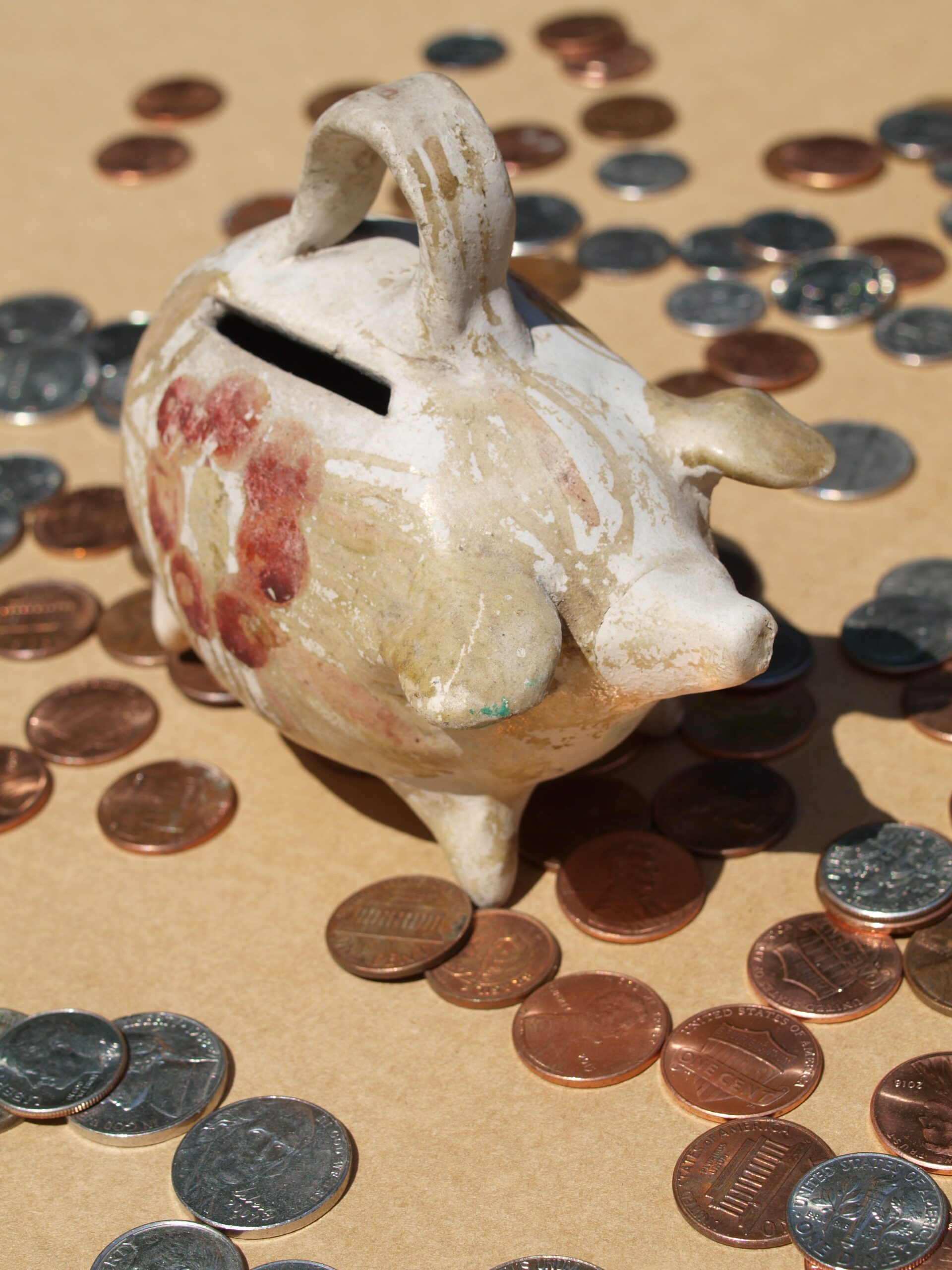Emergency resources have invested a requirement in terms of economic stability because they can include an emergency budget that someone can use & rely on throughout the event of an urgent situation such as being sick as well as having to reimburse large medical expenses, or having to compensate for an urgent home and large vehicle maintenance.
If you don’t have enough emergency savings, you will be required to take out interest on the credit or debit card, which could take decades to reimburse and require a significant amount of money in the long run.

You can set an additional $30 to 50 per week inside an individual “emergencies checking account,”. Everyone must be ready for any emergency situation in future. It suggests that the extra fund present will give you more interest.
Yes, someone should prepare as well as set aside extra funds for emergency savings. Because this is crucial when discussing one personal “economic situation.” The aim here would be to save money by financial planning your revenue. Any accident or emergency is at least two or three month’ worth of living expenses.
What matters is do you really have cash for emergency purpose or only for daily use?
Unlike an inheritance, the effectiveness of someone’s long-term investment accounts is based on consistently Saving. Aside from fixed sum of cash in order to have instant access to at certain occasions.
Regardless of one’s financial position, the purpose of emergency budget planning is to make understand where and when the money is used.
It will be simple if one understands to slack off some amount where the money goes waste. To put it another way, budget.
Budgeting is the preparation for the expected and unexpected future outcomes. This is where a target is set in order to save money. As a result, make an emergencies account your target.

Checking, investing, savings account, including “checkable deposits” are all good options. It can store cash that we need immediately for emergency purposes.
The money you save by budgeting will go toward a savings target, emergency savings, or maybe both. You should put part of your money generated by financial planning operating expenses into a bank account. And the other half into an emergency fund. With this method, you can meet your savings targets while still setting aside money for emergencies. It’s all up to you.

Leave a Reply